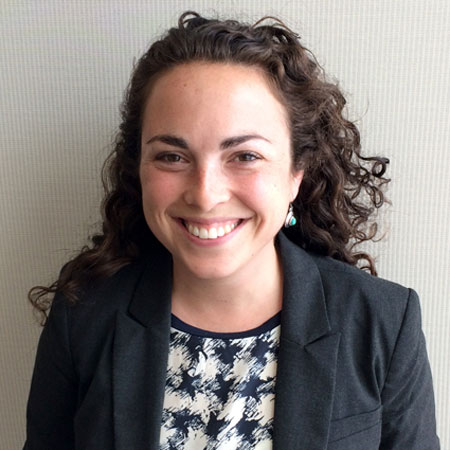The End of Life Option Act comes at a time when public opinion supports the right of the terminally ill to end their lives on their own terms. Where this issue becomes contentious, however, is the fear that these laws might be used to exploit the disabled, the mentally ill or the elderly.
This legislation would allow terminally ill patients the right to obtain self-administered life-ending medication. The safeguards require two physicians to confirm mental competency and a prognosis of six months or less to live, as well as a written request and two oral requests by the patient made at least 15 days apart with two witnesses present.
Critics call it a slippery slope toward expeditiously disposing of those labeled burdensome. And we shouldn't brush their concern aside; the well-being of the most marginalized is critical to a just society. And yet that fear should not be an obstruction. It should serve to uphold the bill's safeguards and address systemic injustices facing those likely to be victimized by others.
Oregon's Death with Dignity Act, a model for California's bill, has seen no evidence of abuse since it was passed in 1997. The metaphorical floodgates did not open, and the use of hospice and palliative care has increased, not decreased. It is true that we have a broken health care system, and cultural norms prone to deeming some lives less worthy. But those shortcomings are why such strong safeguards exist in this bill.
My mother passed away in 2013. As brain cancer robbed her of mobility, intellect and personality, she asked to be released from her suffering. But the law did not support my mother's right to self-determination, and the disease took her life on its own terms. No one should be forced to suffer through their last days, and the End of Life Option Act is an opportunity, not a risk. It is time to take advantage of that opportunity by passing this bill in the same spirit of compassion with which it has been conceived.
